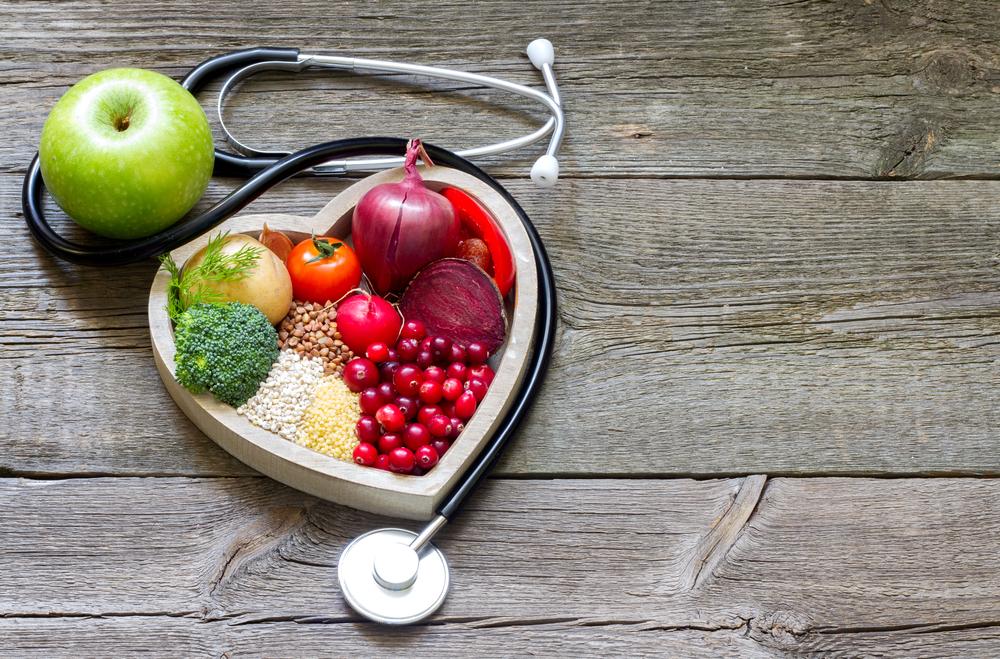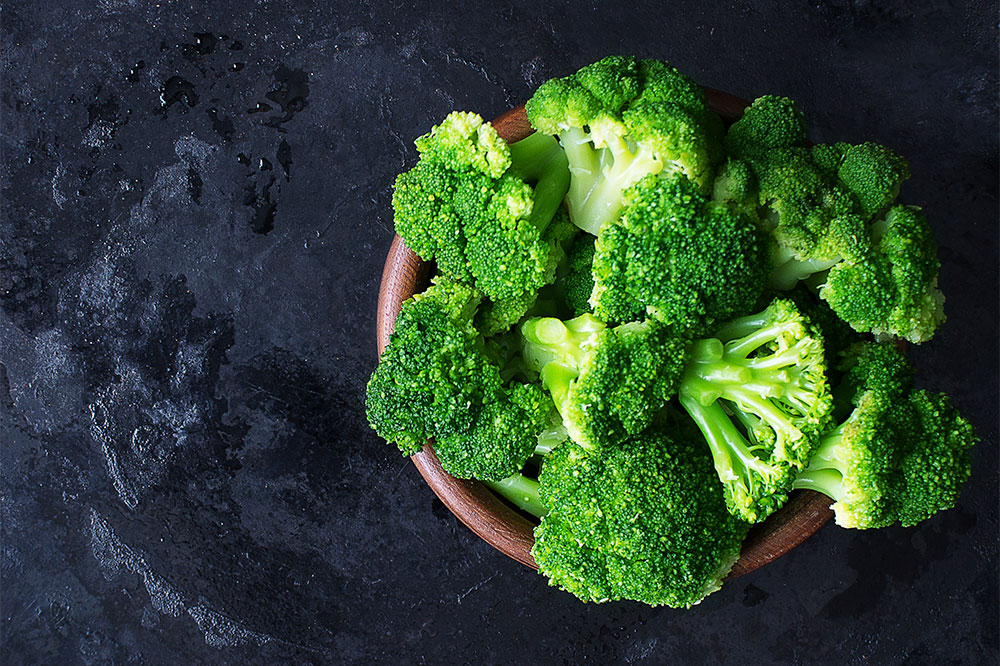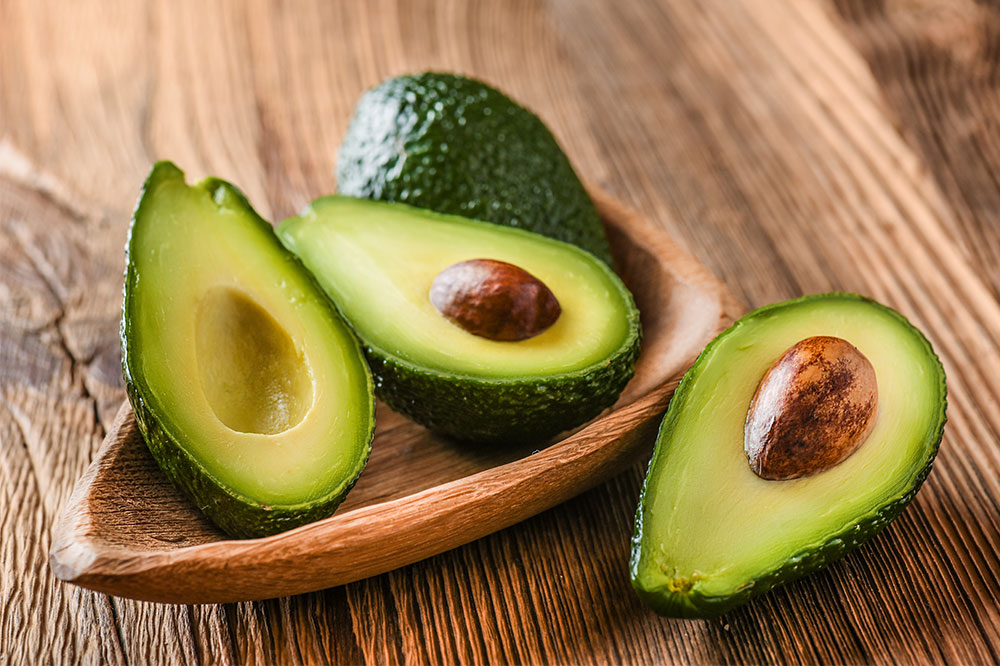Top Heart-Healthy Foods to Boost Cardiovascular Wellness
Discover the top heart-healthy foods to include in your diet, from leafy greens and berries to nuts, seeds, and omega-3 rich fish. These dietary choices can significantly improve your cardiovascular health, lower risk factors, and promote overall well-being. Incorporate these nutrient-rich foods into your daily meals for a stronger, healthier heart and a longer, healthier life.

Top Heart-Healthy Foods to Boost Cardiovascular Wellness
Cardiovascular disease remains one of the leading causes of death globally, responsible for approximately one-third of all fatalities. Protecting your heart through proper nutrition is a proven way to reduce risk factors such as high blood pressure, elevated cholesterol, inflammation, and triglycerides. It's essential to include nutrient-rich foods in your daily diet that support heart health and improve overall vascular function. By focusing on specific foods known for their cardiovascular benefits, you can make a significant impact on your long-term health. Here, we explore the most effective heart-healthy foods you should incorporate into your meals to enhance your heart's health and vitality.
1. Dark Leafy Greens
Including dark leafy greens like spinach, kale, collard greens, and Swiss chard in your diet delivers a wealth of vitamins, antioxidants, and minerals. These vegetables are particularly high in vitamin K, which plays a vital role in maintaining arterial elasticity and preventing calcification that can lead to cardiovascular problems. Additionally, they are a rich source of dietary nitrates, which have been shown to lower blood pressure by promoting vasodilation and improving blood flow. Regular consumption of such greens can help reduce the risk of hypertension, stroke, and other heart-related conditions. Incorporating these vegetables into salads, smoothies, or steamed dishes is an excellent way to boost your heart's health naturally.
2. Berries
Berries, including raspberries, blueberries, strawberries, and blackberries, are not only delicious but also packed with nutrients that support heart health. They contain high levels of anthocyanins—powerful antioxidants that combat oxidative stress and inflammation, both key contributors to cardiovascular disease. Regularly eating berries can help lower blood pressure, improve endothelial function, and reduce the risk of atherosclerosis. Because they are low in calories yet high in vitamins, fiber, and phytochemicals, berries make an ideal snack or dessert. Experimenting with different kinds ensures you benefit from their unique protective effects, contributing to a healthier cardiovascular system.
3. Nuts and Seeds
Nuts such as walnuts, almonds, and pistachios, along with seeds like chia, hemp, and flaxseeds, are vital components of a heart-healthy diet. Walnuts, in particular, are rich in healthy monounsaturated and polyunsaturated fats, fiber, and essential micronutrients like copper, manganese, and magnesium. Consuming nuts regularly has been associated with lower levels of LDL cholesterol (bad cholesterol) and improved blood vessel function. Seeds like chia and flaxseeds provide omega-3 fatty acids and soluble fiber, both crucial for reducing inflammation and supporting lipid balance. Incorporating a handful of nuts or seeds into your daily meals or snacks can significantly contribute to maintaining optimal heart health.
4. Fatty Fish and Fish Oil Supplements
Fatty fish such as mackerel, sardines, salmon, and tuna are among the best dietary sources of omega-3 fatty acids. These essential fats are well-documented for their positive impact on cardiovascular health—they help lower triglyceride levels, reduce blood pressure, and decrease inflammation within blood vessels. Regular consumption of fatty fish, or taking high-quality fish oil supplements, is strongly recommended for those aiming to reduce their risk of heart disease. Including fish in your diet at least twice a week can provide significant benefits, contributing to a healthier lipid profile and vascular function long-term.





